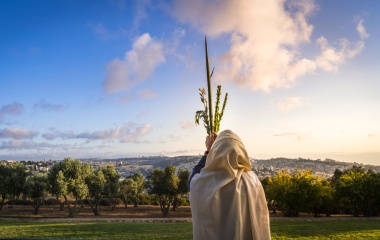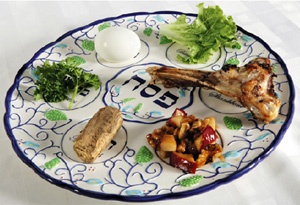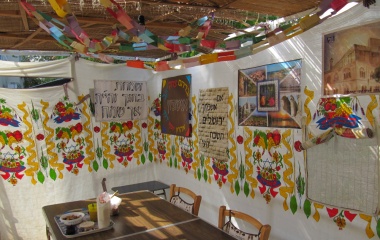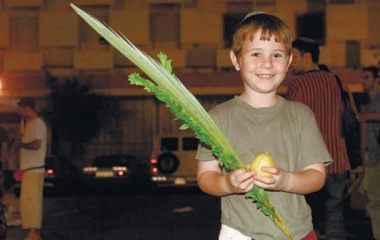Shabbat and Yom Tov are gifts to the Jewish people, and the Jewish people only. As such, we are permitted to benefit from work by a non-Jew on these…

Beitza 20: The Path of Hillel
There is arguably no greater figure in Talmudic literature than that of Hillel the Elder. He combined the Torah leadership of Moshe Rabbeinu[1] with…

Beitza 17b: To the Showers...
Often, when studying Gemara, we fail to appreciate how different day-to-day life was for our ancestors. Yeshiva study tends to focus on conceptual…

Beitza 17: Open Sinning
All of us are sinners. To be human means that we make mistakes, both inadvertent and intentional. Our tradition shows great respect for those who…

Beitza 15: How to Celebrate Yom Tov
We live in an age of specialization. Whether it is business, medicine, sports, Torah, or technology, we train people to be expert in one…

Beitza 11: Beyond the Beginning
Our Sages defined a chacham as one who is roeh et hanolad, who foresees the results of his actions. We live in a world which is focused on the here…

Beitza 5: The Wrong Note
It is doubtful the Jewish life would exist as we know it if not for the leadership of Rav Yochanan ben Zackai. Seeing the terrible infighting that…

Beitza 4b: The Second Day of Yom Tov
I have a confession to make. I really like Yom Tov and look forward to having an extra day to celebrate. I know that is not the way the…

Beitza 4: Take Your Time
The very first teaching in all of rabbinic literature[1] is the saying of the Men of the Great Assembly that those who render decisions on matters of…

Beitza 2: Protecting the Neglected
The Rambam, in discussing the prohibition of ba’al toseef (Devarim 4:2), the prohibition of adding to the Torah rules, said that one violates…

Some Opening Thoughts on Masechet Beitza
“An egg that was laid on Yom Tov: Beit Shammai says it may be eaten, and Beit Hillel says it may not be eaten”. For six pages, the Gemara…

Some Concluding Thoughts on Masechet Sukkah
As we have studied Masechet Sukkah together, we have stressed two themes: that of simcha, joy; and that of the unity of the Jewish people. Of course…

Sukkah 52: The Greatest Joy
“Whoever did not see the celebration of the drawing of the water (simchat beit hashoeva) has never witnessed joy in their life” (Sukkah…

Sukkah 48: Pass the Water
In a recent post, we discussed the opposition to the mitzvah of placing the arava on the altar. An even greater dispute arose vis a vis the mitzva of…

Sukkah 46: A Daily Dose of Blessings
“Rav Yehuda said in the name of Shmuel: lulav, seven; and sukkah, one” (Sukkah 45b). So begins a discussion as to how often we are to…

Sukkah 45: Seeing Double
The arava, the willow branch, has a dual function on Sukkot. It is the last of four species that make up the mitzvah of “lulav”. Without…

Sukkah 43: My Lulav Is Better Than Yours
Despite the explicit command to take the lulav on the first day of Sukkot--and to blow the shofar on the first of…

Sukkah 38: Shake the Lulav
"A child who knows how to shake [the lulav] is obligated to take the lulav" (Sukkah 42a). As we noted in our first "daily daf" on…
